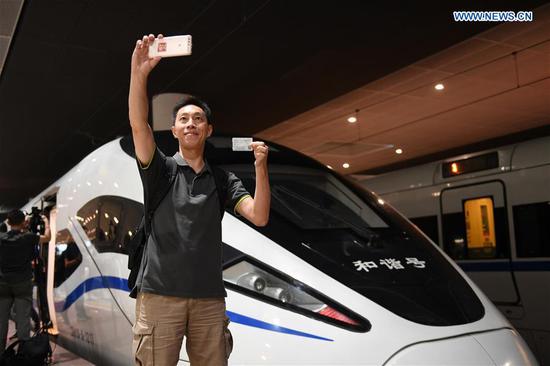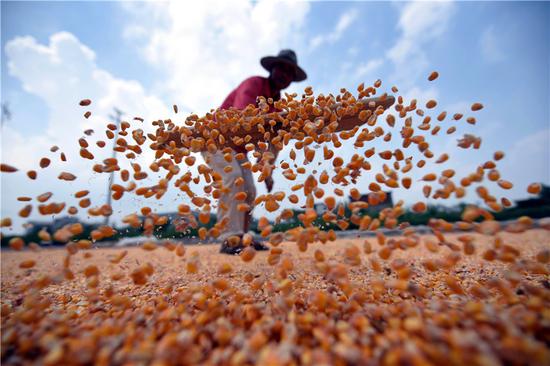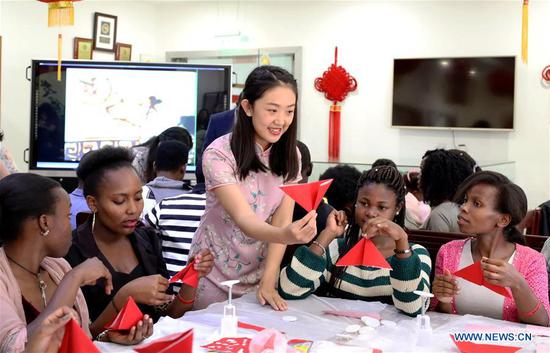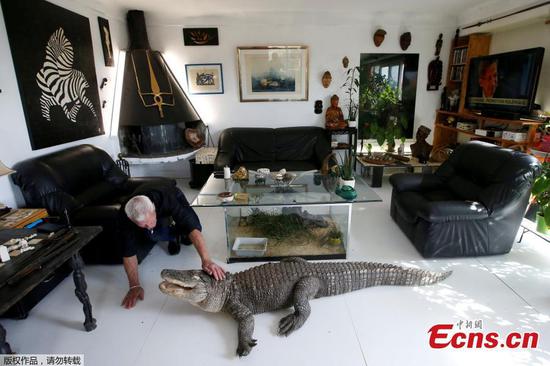Billionaire Bill Gates told a UN forum on Monday that financing for development needs to change in order to meet the needs of developing nations and one change entails the coordination of donors.
The Microsoft founder -- these days perhaps better known for his philanthropy -- spoke at the UN Secretary-General's high-level meeting on financing the 2030 Agenda for Sustainable Development, a side event to the 73rd UN General Assembly annual general debate here at UN Headquarters.
He agreed with other panelists that there was still a lot of work remaining to meet the 17 Sustainable Development Goals set in 2015 to be reached in 15 years.
"I want to underscore a key point: the development finance system needs to evolve to meet the needs of developing countries," Gates told the afternoon session.
"We need to better match these (public and private) resources to help countries at different levels of development address their unique challenges," he said.
Gates said philanthropic organizations can advance the system by using innovative tools that allow them to invest in new technologies, lower or eliminate the risk in innovation and "address market failures."
"But we need governments, international financial institutions, and the private sector to work with us to take full advantage of these advances," he said, listing four ways philanthropic capital can be used.
Gates said philanthropies can use challenge grants to tackle some of the toughest health and development problems.
"We have used this approach for a decade to stimulate new thinking and ideas," he said.
Second, philanthropies can de-risk investments in promising technologies, so they are more attractive to commercial investors, Gates said. "For instance, we make equity investments in biotech start-ups to develop new products that prevent and treat infectious diseases. And we guarantee the purchase of large volumes of vaccines and contraceptive implants by public agencies."
Such a move enables manufacturers to boost production and reduce prices to benefit those in need, he said.
Third, philanthropies can partner with others to pilot and scale up the most promising interventions, Gates said.
As an example, he said The Bill & Melinda Gates Foundation works with the African Development Bank and other donors to establish a new financing facility for digital infrastructure investments.
"Increasing access to digital financial services enables the poor to tap the benefits of the formal economy like managing their money safely and effectively and increasing their resilience to unexpected financial shocks," Gates said. "This is key to breaking the cycle of financial exclusion that perpetuates poverty."
For his fourth point, he said philanthropy can "increase the impact" of innovative health collaborations in development.
"Our foundation supports these initiatives because they are a great value for money," Gates said.


















































